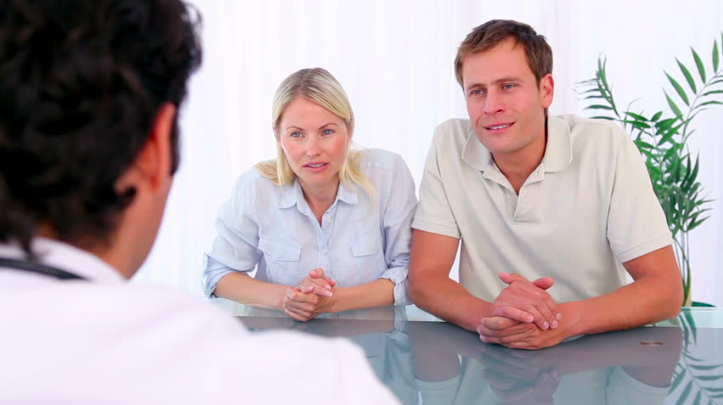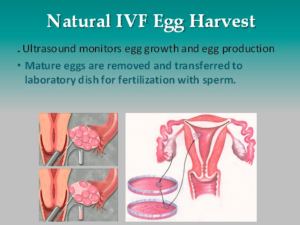IVF “Success Rates” and Minding Our Health

Cheers, dear readers,
A friend recently shared an article with me that I found intriguing regarding the ethics of fertility doctors working with their patients in regards to when IVF is prescribed, at what age, and the validity of success rates that are being quoted to their patients. Are some (or many) fertility clinics giving false hope to make a buck? This Australian article suggests that often sales take priority over the patients’ best interest and overall health and well-being.
The article starts out:
“For many Australians, fertility treatment promises to do what nature seemingly will not — that is, give you a baby.
But that simple statement masks a lot of fine print, and a serious emotional, physical and financial toll.
…At every stage, something can go wrong. You may over-respond to the hormone injections — a dangerous condition which, in very rare cases, can even be fatal. You may not produce any viable eggs.
Your eggs may not fertilise and grow into embryos, or your embryos may fail at the final hurdle and not implant in the uterus. If you achieve a pregnancy, there is still a chance you might miscarry.”
There are so many items to comment on in the above statements. But what I would like to highlight especially is that for some procedures and surgeries, conditions and complications can arise that can become fatal to the woman. I have often been asked why I use the term “Infertility Survivor” to describe myself and those in my shoes. The above statement is a perfect example. Fertility treatment is not a decision to be treated lightly, nor should any surgery or procedure where drugs are administered and one has to go under anesthesia. As the article states, at every stage something can go wrong. This affects the patient’s body, wallet, as well as psyche and emotional well-being potentially causing trauma.
In terms of age, statistics, and probability of success, the article states:
“[An investigative agency]has obtained Australian data showing that for a woman over 40, using her own fresh eggs, the chance of taking home a live baby are slim to virtually none.
…And [they]warned that after age, weight was the number one factor affecting fertility for both men and women in Australia.”
The article goes on to question if doctors are over-prescribing IVF when the chances of it working are very slim indeed (as in lower than 5% chance of success of a live birth per initiated cycle (an initiated cycle is an IVF cycle complete with daily hormone injections to stimulate egg production). How many fertility doctors out there will give a couple a proper assessment and recommend AGAINST getting IVF if say, the woman would be able to increase her chances of success losing some weight first. I know for a fact that Dr. Pankaj Shrivastav often does this very thing: asking his patients to lose 10-20 pounds before he will recommend IVF treatment. That is partly how the B Method blog – which offers guidance on health, wellness, and staying fit and fertile – came to exist. Thank you Conceive Hospital and Dr. Shrivastav for looking at the whole patient and taking their well-being into account.
Also Conceive Hospital purposely does not list success rates on their website due to there being too many factors to determining what “success” actually is and how to arrive at those numbers. Some statistics offered by clinics may be based on only a small sample of fertile, young-aged, and otherwise healthy couples. I appreciate Conceive Hospital’s approach to not selling false hope in an un-ethical way. Every couple’s situation is different and should be treated as such. Well done!
Speaking from my own experience: though I did not have an overall negative experience with my local fertility clinic, I also did not feel a big warm and fuzzy feeling from them either. I did feel somewhat like a number there – just another patient that they were pushing through the process. I also did not feel that we were given actual data and probability of success for our particular situation. It was more of a vague “let’s cross our fingers and hope this works – your eggs are pretty old afterall” kind of discussion. So much of fertility treatment is playing on the feeling of HOPE. We all hope it will work and we will have a beautiful, healthy baby! We start to believe anything is possible, that we will be the miracle. But not all dreams come true, and it is important to keep that reality in mind when a couple embarks on the potentially scary journey of fertility treatment. Think about not only you and your partner’s physical well-being, but the overall well-being of you as a couple, your emotional well-being as well as your mental well-being. Look at your health as a whole so that you can weather the storms and come out the other side to the best of your ability, no matter what the outcome.
Please join us next week to hear more about our personal journey down the infertility path. I look forward to speaking with you. And I wish you the best on your journey.
Warm regards,
Cathy



